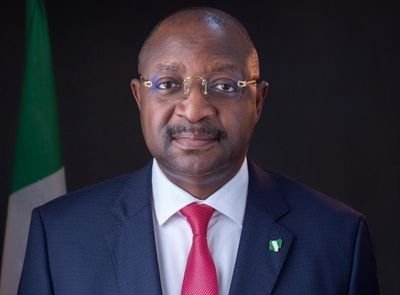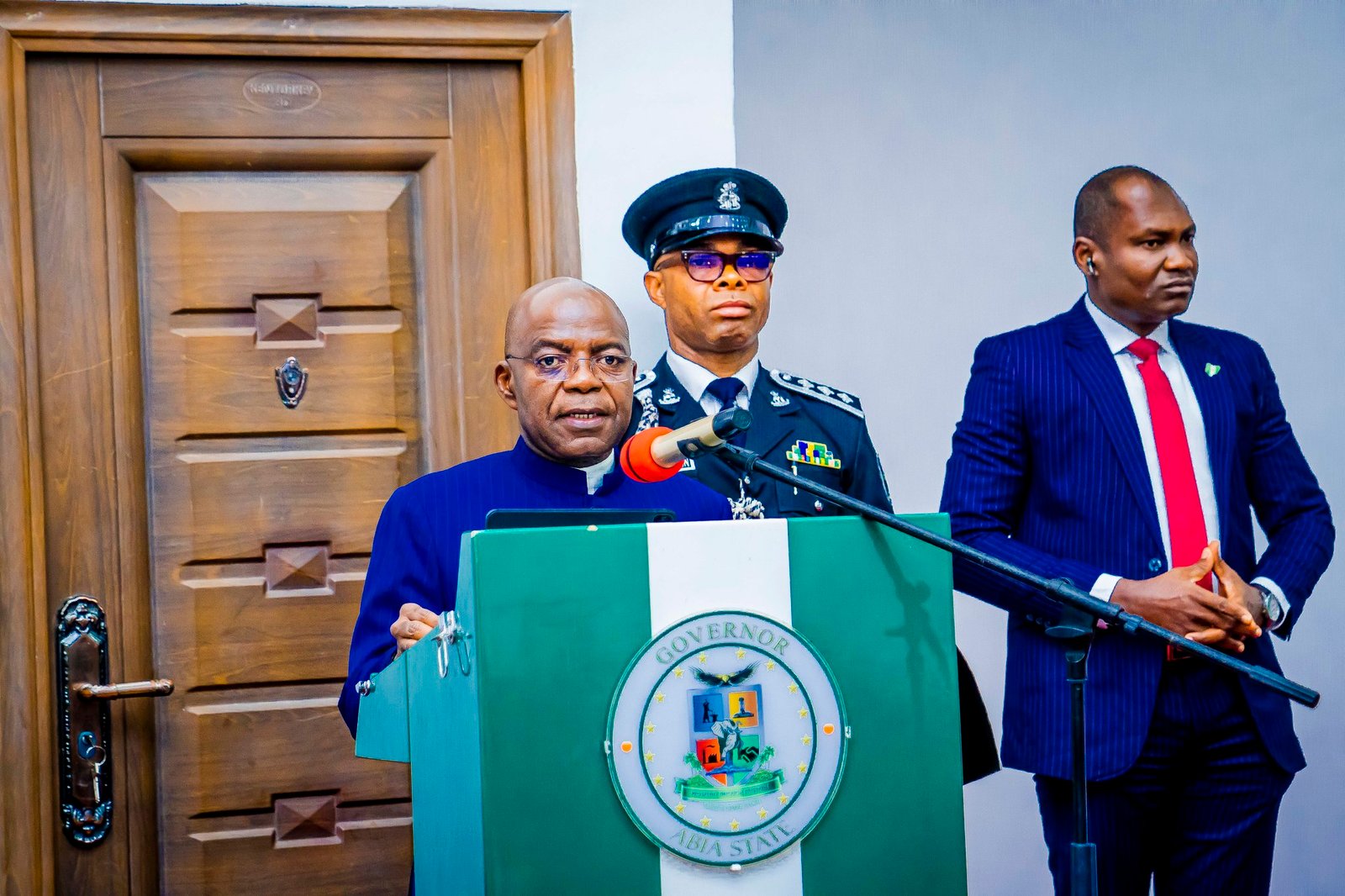The Presidency has responded to fresh criticism over Nigeria’s rising debt, insisting that borrowing is not the enemy.
Presidential spokesperson, Chief Sunday Dare, said borrowing remains “a legitimate tool for financing growth and reforms.” He added that the real issue is not the loans but how Nigeria raises money to pay them back.
As of March 31, 2025, Nigeria’s public debt stood at ₦149.39 trillion, according to the Debt Management Office. That’s a jump of ₦27.72 trillion from the previous year, driven mostly by the naira’s sharp fall against the dollar.
Dare explained that the increase was not due to reckless borrowing. Instead, the naira’s depreciation inflated the value of existing foreign loans in local currency.
He said Nigeria’s debt-to-GDP ratio is still moderate, between 40% and 45%, compared to South Africa’s 70% and Ghana’s over 90%.
Revenue, Not Rhetoric
Dare fired back at opposition politician Dino Melaye, who mocked the government’s borrowing habits during a recent TV interview. Melaye joked about Nigeria “borrowing from OPay and Moniepoint.”
In response, Dare said Melaye chose “spectacle over substance.” He posted on his verified X handle, @SundayDareSD, that “unfortunately, Dino prefers theatrics to truth.”
I like those who know things, & are not afraid to say them. Dino Melaye spared no expense. pic.twitter.com/zAEjJIUBqv
— NEFERTITI (@firstladyship) September 9, 2025
He added, “The real challenge lies in revenue mobilisation, not runaway borrowing. Encouragingly, revenues are improving, strengthening our capacity to service obligations.”
Experts agree that Nigeria’s debt service-to-revenue ratio is more worrying than the debt size itself. For every ₦100 earned, about ₦70 goes into debt servicing.
Debt Debate Heats Up
Dare dismissed Melaye’s remarks as “entertainment, not enlightenment.” He said the Tinubu administration is focused on sustainable reforms, not political drama.
He urged critics to understand basic economics before jumping into the debt debate. “Until Melaye acquaints himself with basic economics,” Dare said, “his interventions will remain what they have always been.”
Nigeria’s external debt now stands at ₦70.63 trillion, up from ₦56.02 trillion last year. The rise is linked to foreign loans from institutions like the World Bank and the African Development Bank.
Do you think Nigeria’s borrowing is helping the economy or digging a deeper hole? Share your thoughts in the comments.
Rate, Like 👍, Comment💬, share this article and Follow us on our social media handles. You can also Submit your own story to get featured and earn rewards!









In basic financial management, we were taught breakeven point, At that point income or receipts equal expenditure and the entity can survive. Therefore, what you spend the money got is very important, otherwise, in less than no time dangerous asymmetry will occur and the entity will fail.